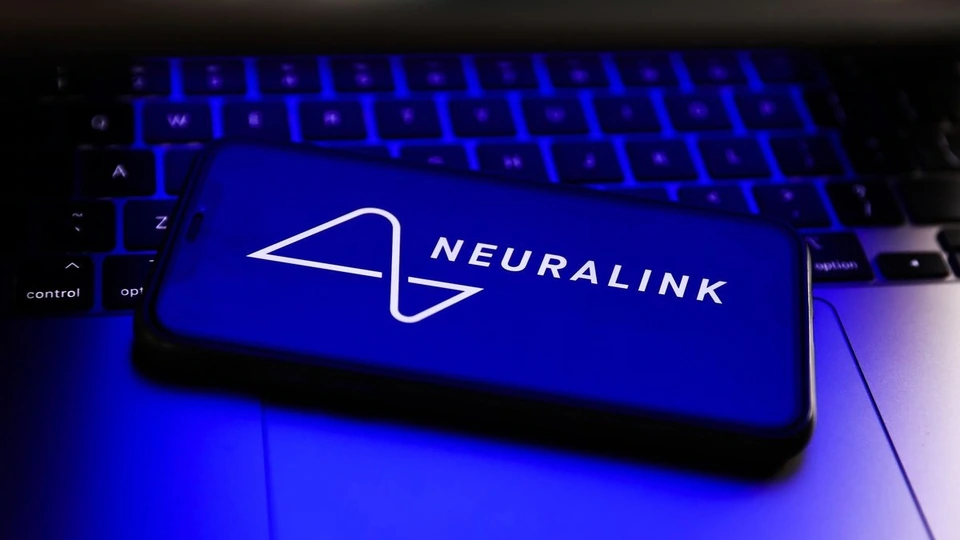According to Tesla CEO Elon Musk’s brain-chip startup Neuralink, the US Food and Drug Administration (FDA) has approved an experimental implant device that would “enable even those who have lost both eyes and their optic nerve to see.”
Neuralink’s Blindsight device will make vision possible for people who have lost their eyes and optic nerves. The tech billionaire tweeted early on Wednesday, “It will even allow those who have been blind from birth to see for the first time, provided the visual cortex is intact.”
Read also: Neuralink’s bold vision for human-machine interaction
This designation aims to expedite the creation and examination of novel medical devices that treat severe ailments.
Musk said that while the initial vision quality was similar to early video game visuals, future developments could result in vision that is more advanced than human vision, such as the capacity to see infrared, ultraviolet, or radar wavelengths.
“To set expectations correctly, the vision will at first be low resolution, like Atari graphics, but eventually it has the potential to be better than natural vision and enable you to see in infrared, ultraviolet or even radar wavelengths,” Musk said in a post on X.
Human trials for Neuralink’s Blindsight gadget are not yet underway, and the company did not give a timeframe for when they might start. The FDA has not yet provided any additional commentary on the development.
More from Neuralink
Musk created Neuralink in 2016 to develop brain-chip interfaces that can be inserted into the skull. These chips may help impaired individuals with mobility, communication, and visual restoration.
Neuralink is exploring a gadget in addition to the vision-restoring implant that would enable paralysed people to operate digital devices with just their thoughts. This trial, which is anticipated to last several years, involves three participants.
Neuralink implanted the device in a patient earlier this year, and since then, the patient has used it to create 3D objects and play video games.
Neuralink’s mission is to create brain-computer interface technology that will enable people with neurological disabilities to regain their motor functions, communication, and sensory experiences.
Read also: Neuralink’s first brain-chip recipient has higher capacity
About the FDA’s Breakthrough Devices Program
Developers can apply to the FDA’s Breakthrough Devices Program, a voluntary program that, if accepted, “offers manufacturers an opportunity to interact with FDA experts through several different program options to efficiently address topics as they arise during the premarket review phase.” Additionally, the designation sets beneficiaries up for FDA evaluation with priority.
Since the program’s launch in 2015, almost 1,000 medical devices have been approved, and 145 more were awarded this breakthrough classification in 2023.
















